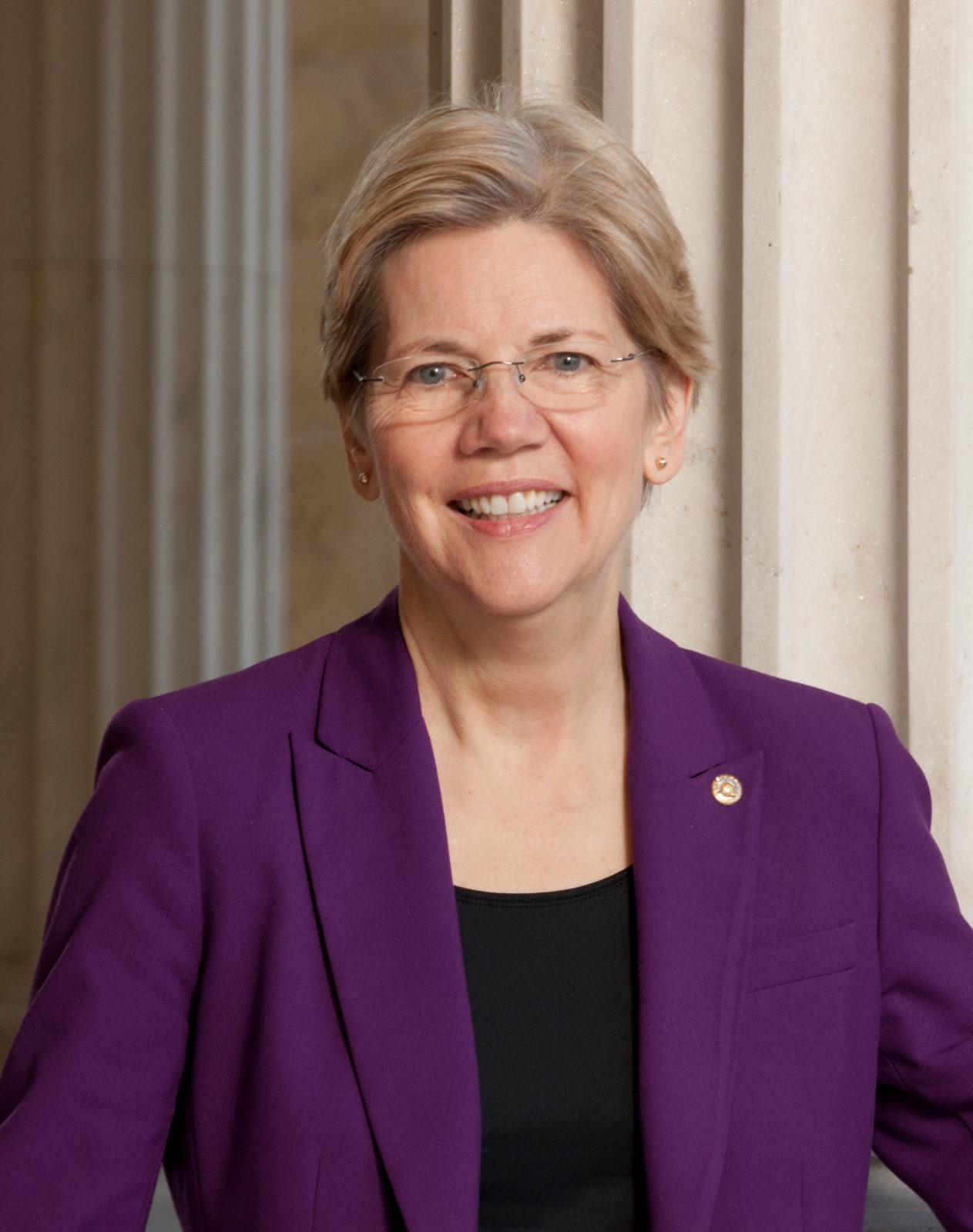With September’s mayoral primary leaving City Councilor Tito Jackson with less than half as many votes as incumbent Mayor Martin Walsh, Jackson’s campaign has been desperately looking for any help they can get to turn the race’s tide in the final weeks before the election. But instead, this weekend, the team got what they perceived as a big stab in the back — in the form of an endorsement of Walsh by Senator Elizabeth Warren.
An article Monday in The Boston Herald reported that the Walsh campaign was not alone in their dismay. Since Warren’s endorsement, several black community leaders have publicly denounced the senator for her decision, saying she would have done better to stay out of the matter altogether.
This might very well be true. It’s hard to pinpoint exactly what ground the endorsement may have gained or lost her. It’s possible that endorsing Walsh won Warren some political capital, or reminded the mayor’s strong base that her values align with his, especially when it comes time for her 2018 bid for reelection. Then again, not endorsing him might have curried Warren favor with the black community, and not alienated her from certain groups who are strong advocates of Jackson. The fact of the matter is that there are too many factors to say decisively what move would have been politically best for Warren.
However, what we can decisively say is that Elizabeth Warren is a politician and a person, and she is thereby allowed to endorse absolutely whoever she wants for whatever position she wants. In fact, we should encourage it. It’s possible that Warren made this move for purely political reasons, which would be perfectly acceptable. It’s also possible she did it because she believes in her heart that Walsh is truly the best man for the job, and that’s perfectly acceptable too. Either way, it is entirely her prerogative.
One of the leaders quoted in the article said that if Warren were to have avoided getting involved with the mayoral race at all, it would have shown she was taking the “high ground.” This is not true. That’s not what the high ground looks like. The high ground looks like speaking up for what you believe in, whatever that may be. Warren is absolutely entitled to support Walsh, and to do so publicly, no matter the reason or the consequences.
Some of Boston’s black leaders were put off by the hypocrisy of Warren’s rhetoric — criticizing her for voicing her support for people of color, but then failing to act on it by endorsing a mayoral candidate of color, especially when said candidate actually aligns with her views.
This isn’t quite fair. On the ideological spectrum, Walsh and Jackson hold very similar positions. They care about many of the same causes, and support many of the same policies. It would not be a betrayal of Warren’s beliefs to throw her support to either candidate.
And yet, it still makes sense for the black community to feel snubbed by the endorsement. Walsh might be a tremendous advocate for people of color, but he cannot give them anywhere near the same representation that an actual person of color could. Having another white, male politician advocate for minority issues, while actual minority candidates get thrown by the wayside is unquestionably frustrating. And to add insult to injury, this wasn’t a small endorsement Jackson missed out on.
Elizabeth Warren is a person with some major political influence. Even in a race as seemingly decided as this year’s mayoral election, people care what she has to say. These complaints by black leaders were by no means unfounded, but nevertheless, Warren is still entitled to endorse the candidate of her choosing. And for better or for worse, regardless of criticism or commendation, that candidate is Marty Walsh.






















































































































